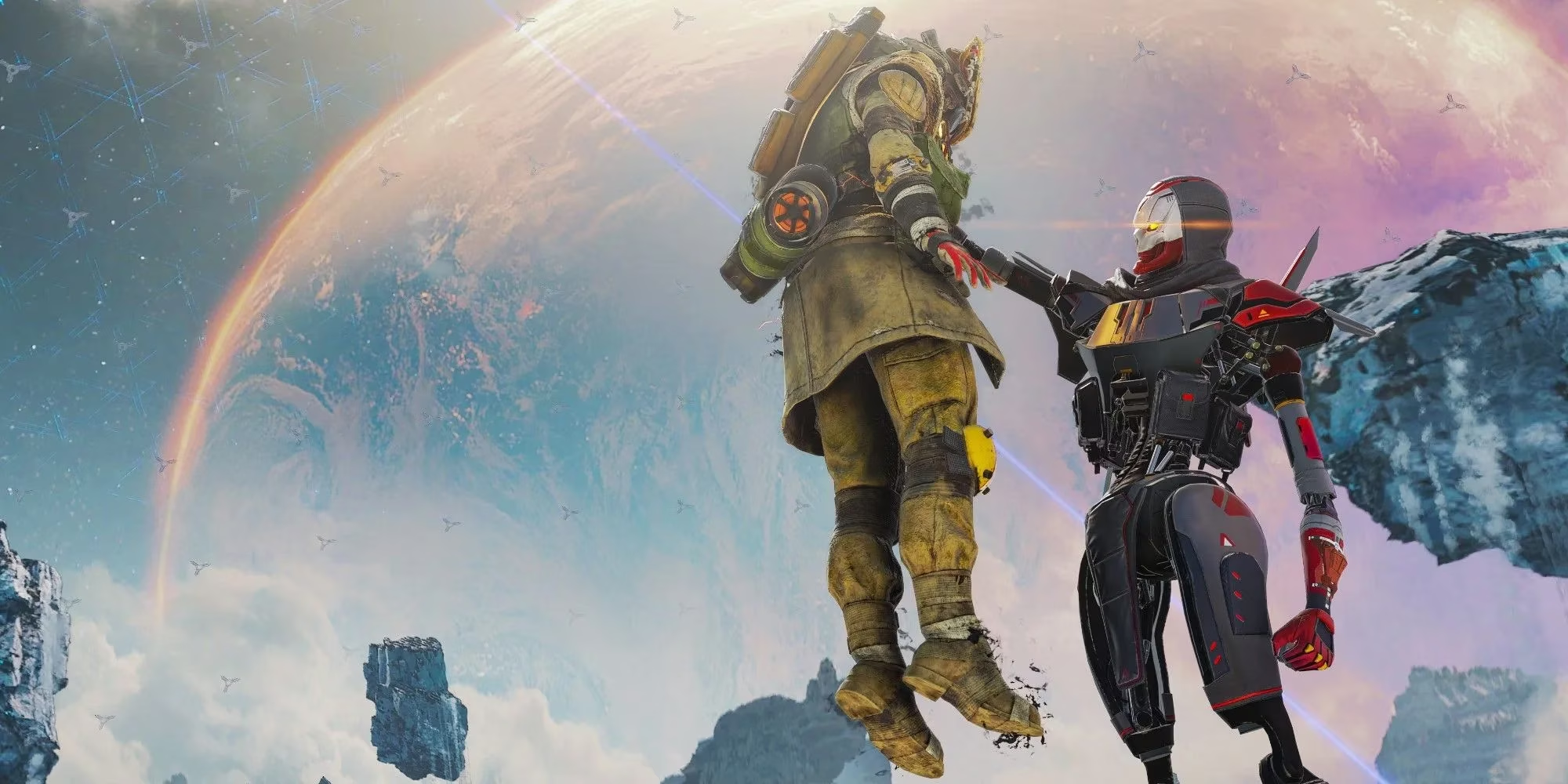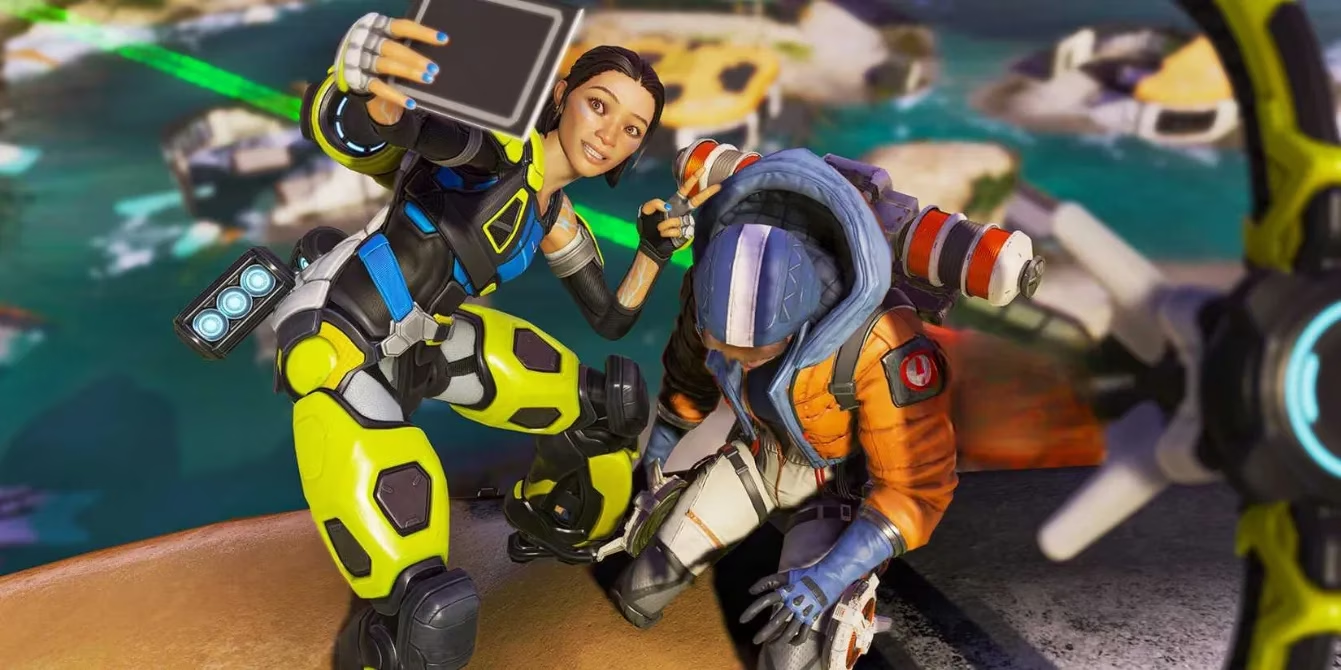The gaming world watched in stunned silence as every single French voice actor for Apex Legends walked away from their roles in 2023. At the heart of this unprecedented mass resignation? Electronic Arts' contract demanding they train the very artificial intelligence poised to replace them. Pascale Chemin, the voice behind Wraith, became the reluctant spokesperson when she shared the collective refusal on Instagram. "We're being asked to shoot ourselves in the foot," she lamented, capturing the absurdity of creators feeding the machine destined to erase their craft. This wasn't just about lost paychecks – it was a primal scream against an industry increasingly treating human artistry like outdated software. That seismic moment still echoes through studios today, a ghost haunting every conversation about AI's role in gaming.

The French cast's stand crystallized a fear gnawing at developers worldwide: AI's insatiable appetite for human creativity. Chemin's lawyer confirmed the contract clauses were a legal minefield, essentially forcing actors to surrender their vocal DNA. When all 32 performers flatly refused? Well, that's when the dominoes started tumbling. Their joint statement cut straight to the chase: "We're being asked to endorse the thing we're fighting against." It wasn't just about Apex anymore – they framed it as a last-ditch battle to insert human safeguards before generative AI steamrolled the entire voice acting profession. Talk about a wake-up call for an industry that often treats talent like disposable assets!
Fast forward to 2025, and the tension hasn't dissolved one bit. Respawn Entertainment keeps pumping out seasonal content like Takeover, but EA's whispered plans for Apex Legends 2.0 loom like storm clouds. Industry insiders murmur that the sequel's development is playing second fiddle to the next Battlefield title – a classic EA shuffle that's got players scratching their heads. Meanwhile, Activision's admission about using AI-generated assets in Call of Duty hangs heavy in the air. It's like watching two tech-hungry giants playing chicken while artists scramble for shelter. The French voice actors’ rebellion? It’s become a cautionary tale whispered in recording booths worldwide – proof that creativity won't go quietly into that digital night.

Here's the rub: AI in gaming isn't evil, but its implementation sure can feel like a backstab. Voice actors aren't Luddites; many embrace tech that enhances their work. But training AI to replicate their unique vocal textures? That crosses a line. Chemin’s crew saw it as signing their own pink slips with a smile. And let’s be real – when corporations treat human artistry like open-source code, it’s no wonder trust evaporates faster than loot drops in Fragment East. The gaming industry’s current tightrope walk between innovation and exploitation feels like watching someone juggle chainsaws. One misstep, and the whole thing goes... messy.
-
The Human Cost: Voice actors aren't just "assets" – they build characters over years, pouring quirks and emotions into digital personas
-
The Irony: Studios demand authentic performances while simultaneously banking their future on synthetic replacements
-
The Ripple Effect: Since 2023, SAG-AFTRA has tightened contract language around AI, but loopholes persist like glitchy hitboxes
Two years later, the silence from EA about that French contract speaks volumes. No backtrack, no compromise – just business as usual with seasonal updates and sequel buzz. Yet that collective resignation still burns bright in memory. It proved something powerful: sometimes saying "non" loudly enough makes the whole industry pause. Whether that pause becomes permanent change or just a hiccup? Well, that's the billion-credit question nobody’s answering yet. For now, every synthetic voice line in gaming carries the ghost of 32 French artists who refused to feed the machine.
